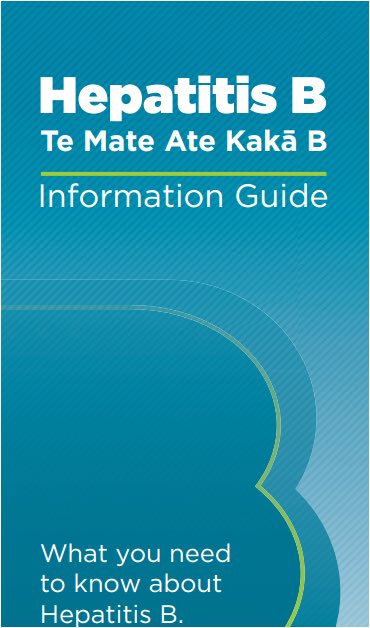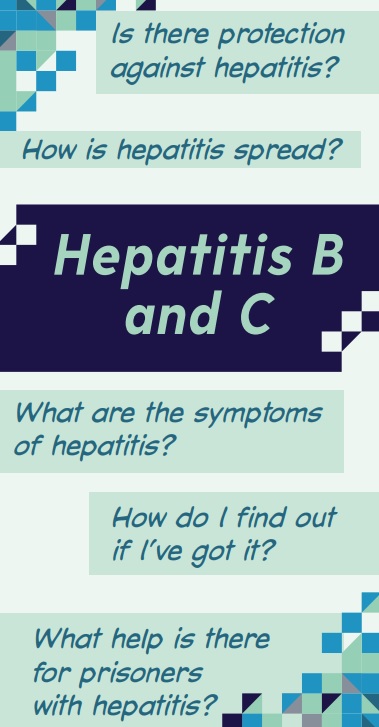- Hepatitis B virus is spread through contact with the blood or other body fluids of an infected person. The virus attacks your liver cells causing either short-term (acute) or long-term (chronic) hepatitis.
- Acute hepatitis infection can make you feel unwell, but most people recover fully. It is important that you protect others from becoming infected.
- A simple blood test can establish whether you still have the hepatitis B virus in your blood or whether you have been able to successfully get rid of the virus.
- Chronic hepatitis B is when you test positive for the hepatitis B virus for more than 6 months after your first blood test result. This means that your immune system was not able to get rid of the hepatitis B virus and it still remains in your blood and liver. The symptoms of chronic hepatitis B are less noticeable. Treatment is focused on preventing long-term liver damage. Read more about chronic hepatitis B.
- One of the most effective ways to avoid getting hepatitis B is to get the hepatitis B vaccine. This is part of the childhood immunisation schedule. Older children and adults can also be vaccinated.
Video: Hepatitis
 (external link)
(external link)
(Immunisation Advisory Centre, NZ, 2017)










